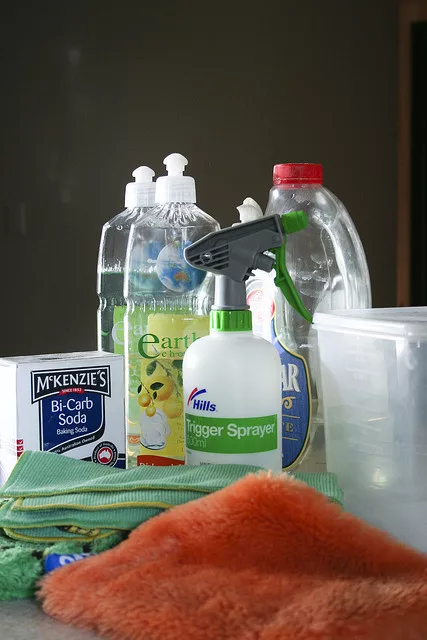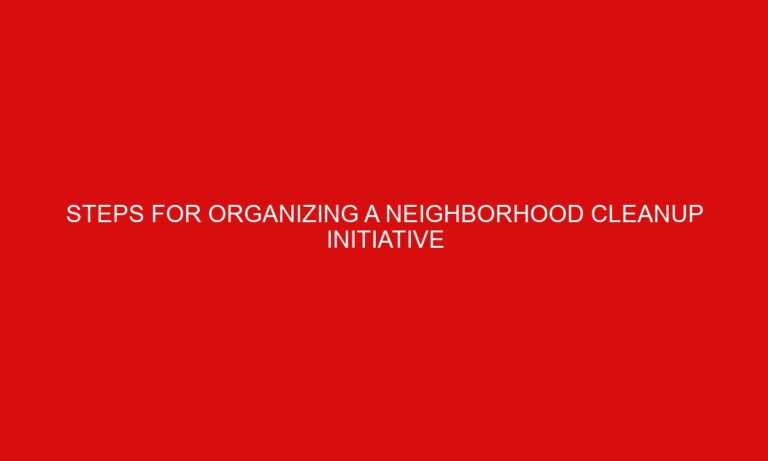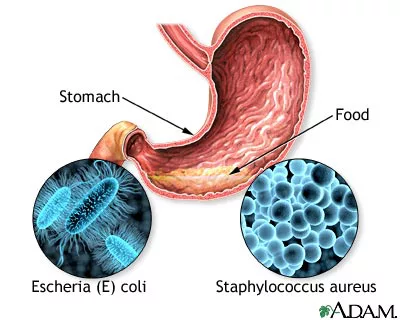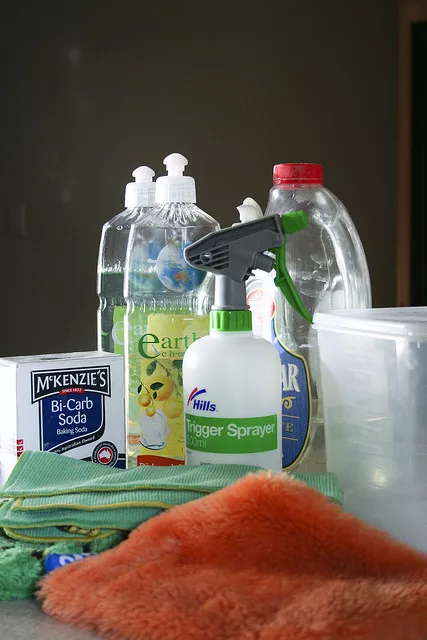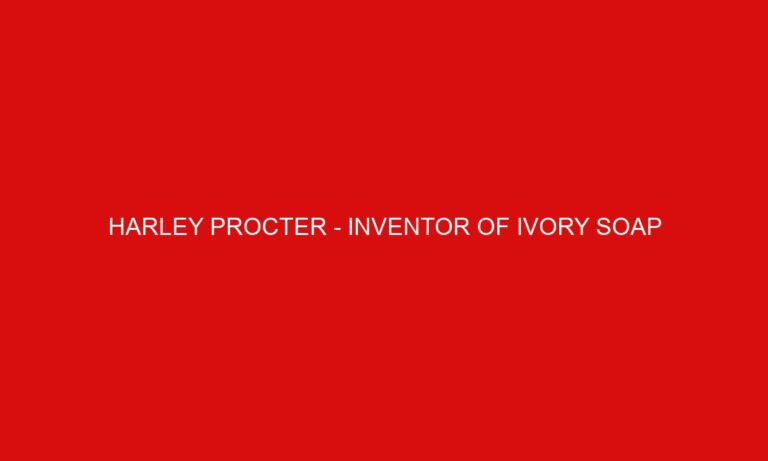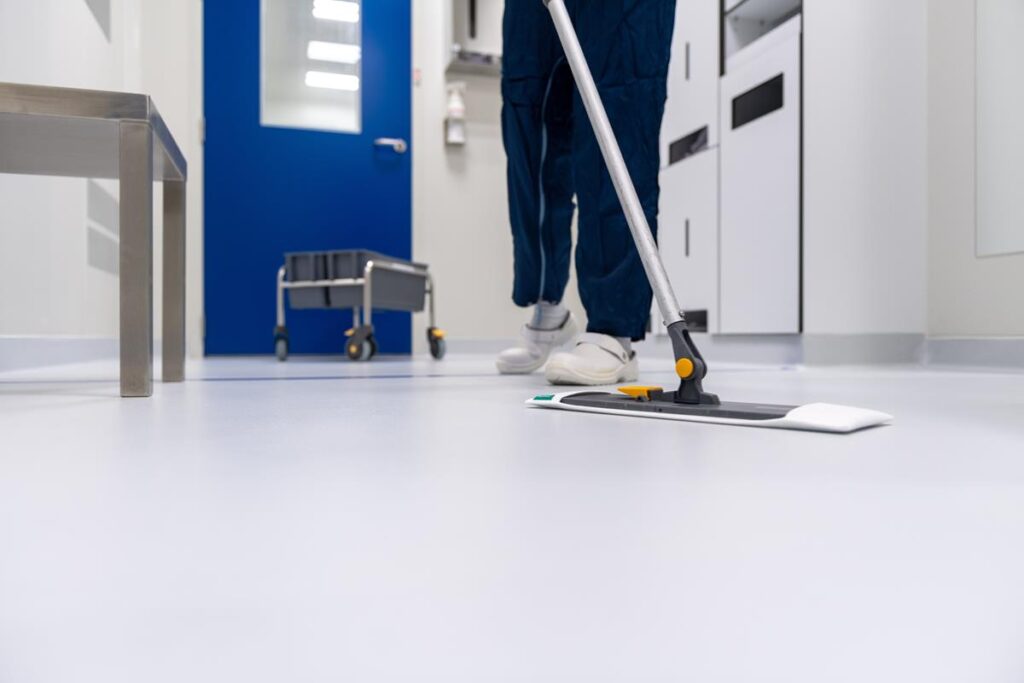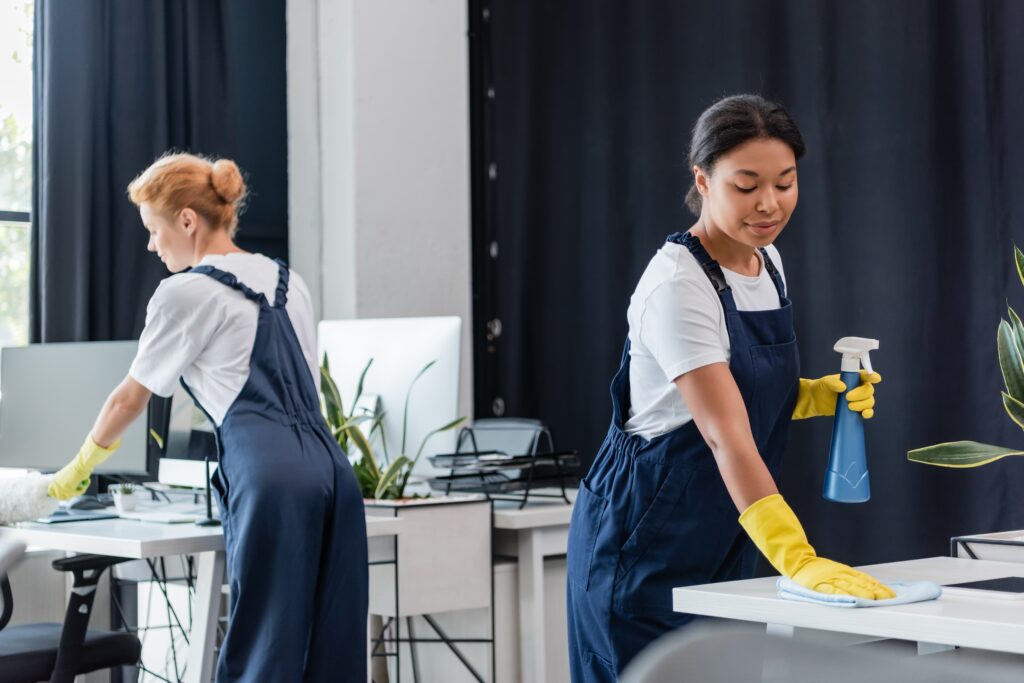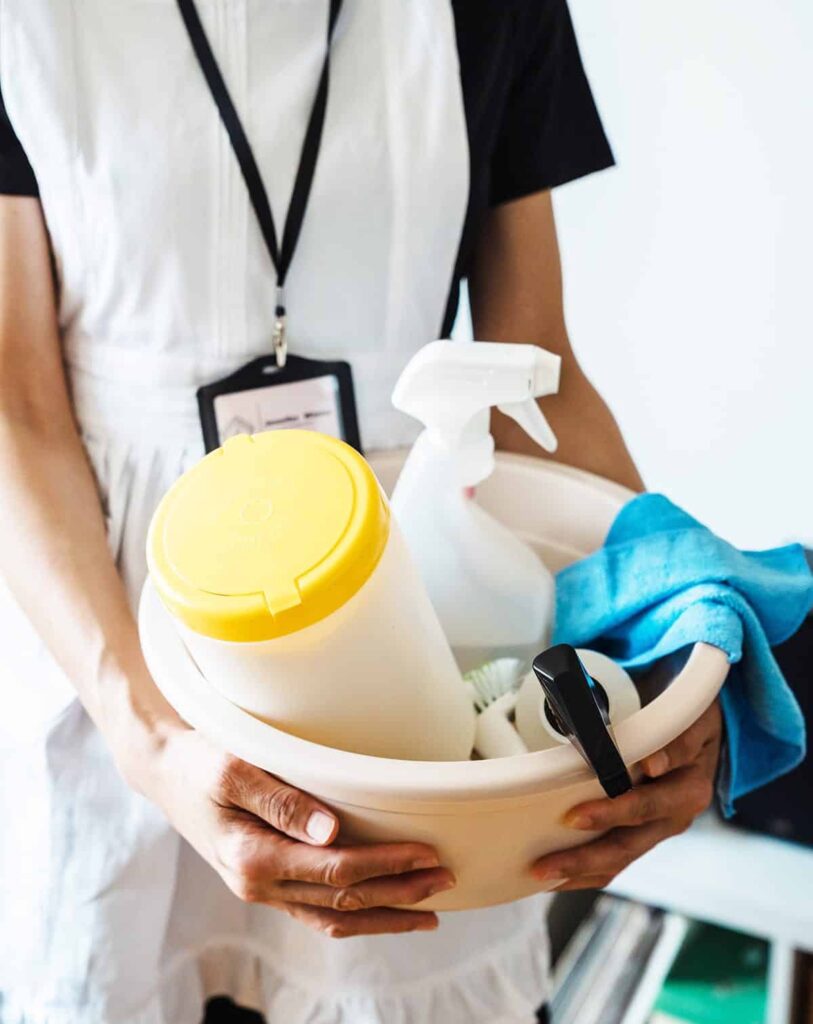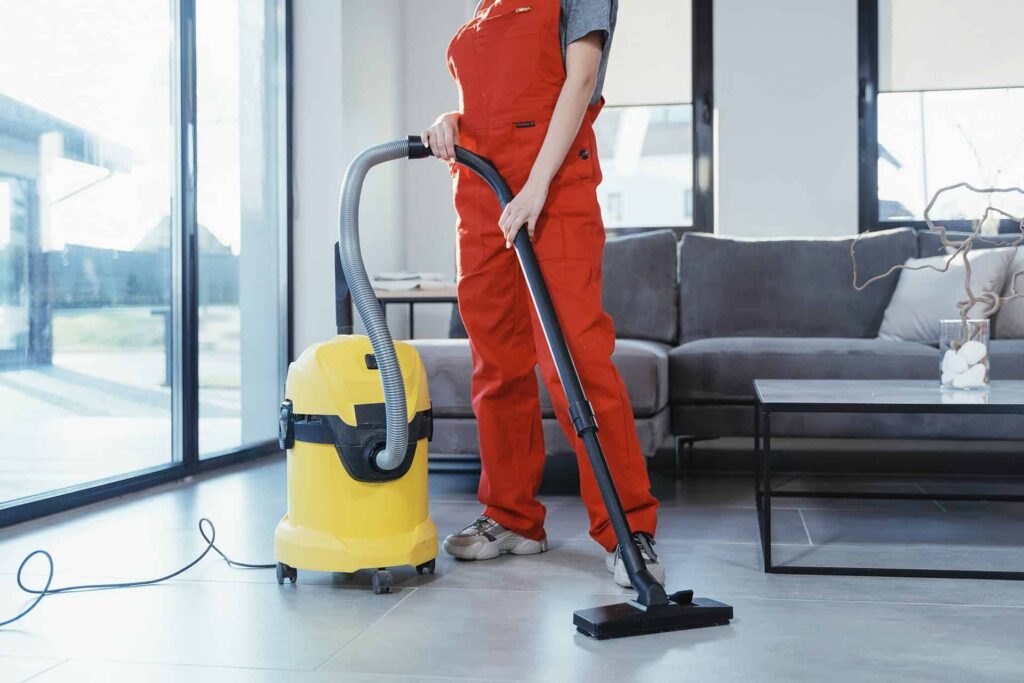Vinegar Is Sour, But It’s Cleaning Properties Are So Sweet

If Spider-Man isn’t available to wash your windows, white vinegar makes the task quick and easy.
Vinegar Is Sour, But Its Cleaning Properties Are So Sweet
Many people don’t like the taste or smell of vinegar; I don’t mind the smell so much when it comes to cleaning. Not only is vinegar’s odor non-toxic, as opposed to cleaning solutions made with bleach or other harmful chemicals, but the smell dissipates quickly and leaves the area deodorized. Alongside providing a safe way to freshen your home, vinegar also sanitizes effectively, removes scale and lime, and even softens your laundry without using flammable fabric softener. Vinegar is sour, but its cleaning properties are very, very sweet indeed.
How it Works
Vinegar contains acetic acid, and it is this acid that makes it such an effective cleaner. In fact, distilled white vinegar in particular helps prevent bacteria, mildew, and mold from growing on your clean surfaces. I recommend using white vinegar when cleaning. It’s pure, doesn’t contain any additives, has anywhere from 5 percent to 8 percent acetic acid, and works wonders throughout your home. Many call white vinegar “virgin” vinegar because of its purity.
Vinegar Uses
If I listed all of the ways you can use vinegar to clean your house, you’d eventually give up reading, and I don’t want that, so I’ll list some of the main things this natural wonder can do to make your home cleaner and fresher without harmful chemicals.
- Cleans Kitchen Appliances: Vinegar safely cleans your most important kitchen appliances. To keep your dishwasher running like new, run 1/2 cup white vinegar through a normal cycle in your empty dishwasher. Clean out your refrigerator with an equal solution of vinegar and water: You don’t want to use harsh cleaning chemicals in a place where you store food. Fill your coffeemaker halfway with white vinegar and the rest of the way with water and brew the solution to clean and sanitize the inner workings of the machine.
- Cleans Drains: White vinegar is the best “liquid plumber” you can find. Drain cleaners are poisonous, so it’s never a good idea to have them around the house. Rather, clean your drains monthly and unclog when necessary with white vinegar. How it works is Science 101, and here’s what you need to do: Take a cup of baking soda and pour it down each drain. Then, take a cup of white vinegar and do the same, slowly, allowing the mixture to react and foam. Leave your drains alone for 30 minutes. Then, take boiling salt water and pour it down all of your drains to rinse them clean. Repeat as necessary for stubborn clogs.
- Remove Mineral Deposits: If you live in an area where the water is hard, you fight mineral deposits on a daily basis. To remove them from your shower heads and faucets, simply remove the plumbing fixtures and soak them in white vinegar overnight. If you cannot remove them, pour vinegar into a sturdy plastic bag and rubber-band it to the fixture. Vinegar also works well in removing the mineral deposits that settle on the bottom of your steam iron. Just as you do with your coffeemaker, pour equal parts vinegar and water into the steam reservoir and press the steam button to clean it. Be careful not to burn yourself, and be sure to dilute the vinegar; otherwise, you might ruin the inner workings of your iron.
- Glass: Whether it’s for your windows or your glassware, vinegar comes to the rescue. White vinegar has been used to clean windows for years, and it’s much safer than inhaling dangerous ammonia fumes. You’ll find many differing opinions when it comes to mixing your window cleaner, but I find that 1/4 cup of white vinegar to two cups of water usually does the trick. You can also add a cup of vinegar to your rinse water when you’re hand-washing your fine glass and crystal ware for that special occasion. Just wait and see how much your glasses sparkle.
- Laundry: Add 1/4 cup of white vinegar to your washing machine’s rinse cycle to not only soften your clothes but also disinfect them. As I mentioned above, vinegar is a fantastic sanitizer and works well against all kinds of mold and mildew (and not just on your clothing). Instead of using bleach and gassing everyone out of your home, toss vinegar in with the loads and enjoy fresh, clean, soft clothing that doesn’t smell of chlorine.
But Don’t Use Vinegar Here…
Yes, vinegar is the wonder cleaner, and its acid content is the reason why. This acid also makes it undesirable on some household surfaces, so I want to caution you on where not to use it. In most cases, vinegar is a safe and effective cleaner, but don’t use it on any granite, hardwood, or marble surfaces, as the acid will definitely damage and strip these types of countertops and floors. It’s also wise to avoid using vinegar on natural stone, as this will damage the porous surface. If you’re uncertain whether vinegar will do harm on a surface in your home, test a small, inconspicuous area to see if you notice any damage; if not, you’re good to go on using this very safe and wonderfully effective household cleaner.
Contact Us
Get a quote
Your satisfaction is our priority, and we’re here to assist. Reach out to Busy Bee effortlessly by contacting us. Whether you have questions, need a custom quote, or want to discuss your cleaning requirements, our friendly team is ready to respond promptly. Connecting with us is the first step towards a cleaner and more comfortable environment for your home or business.
Call us for a quote today!
Contact Us
Get a quote
Your satisfaction is our priority, and we’re here to assist. Reach out to Busy Bee effortlessly by contacting us. Whether you have questions, need a custom quote, or want to discuss your cleaning requirements, our friendly team is ready to respond promptly. Connecting with us is the first step towards a cleaner and more comfortable environment for your home or business.


